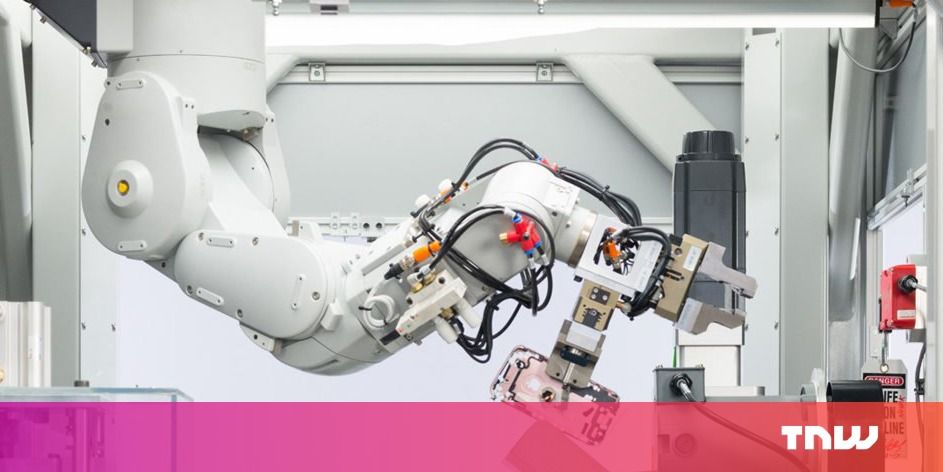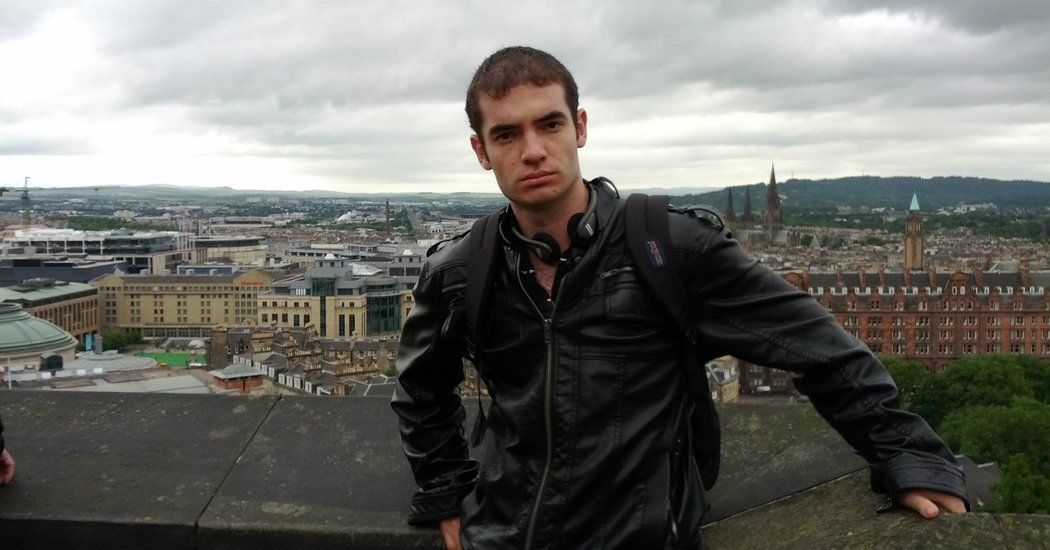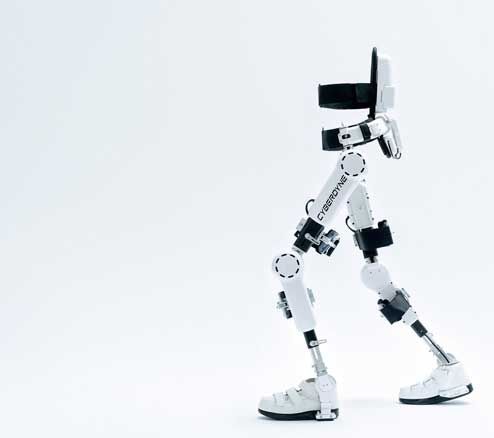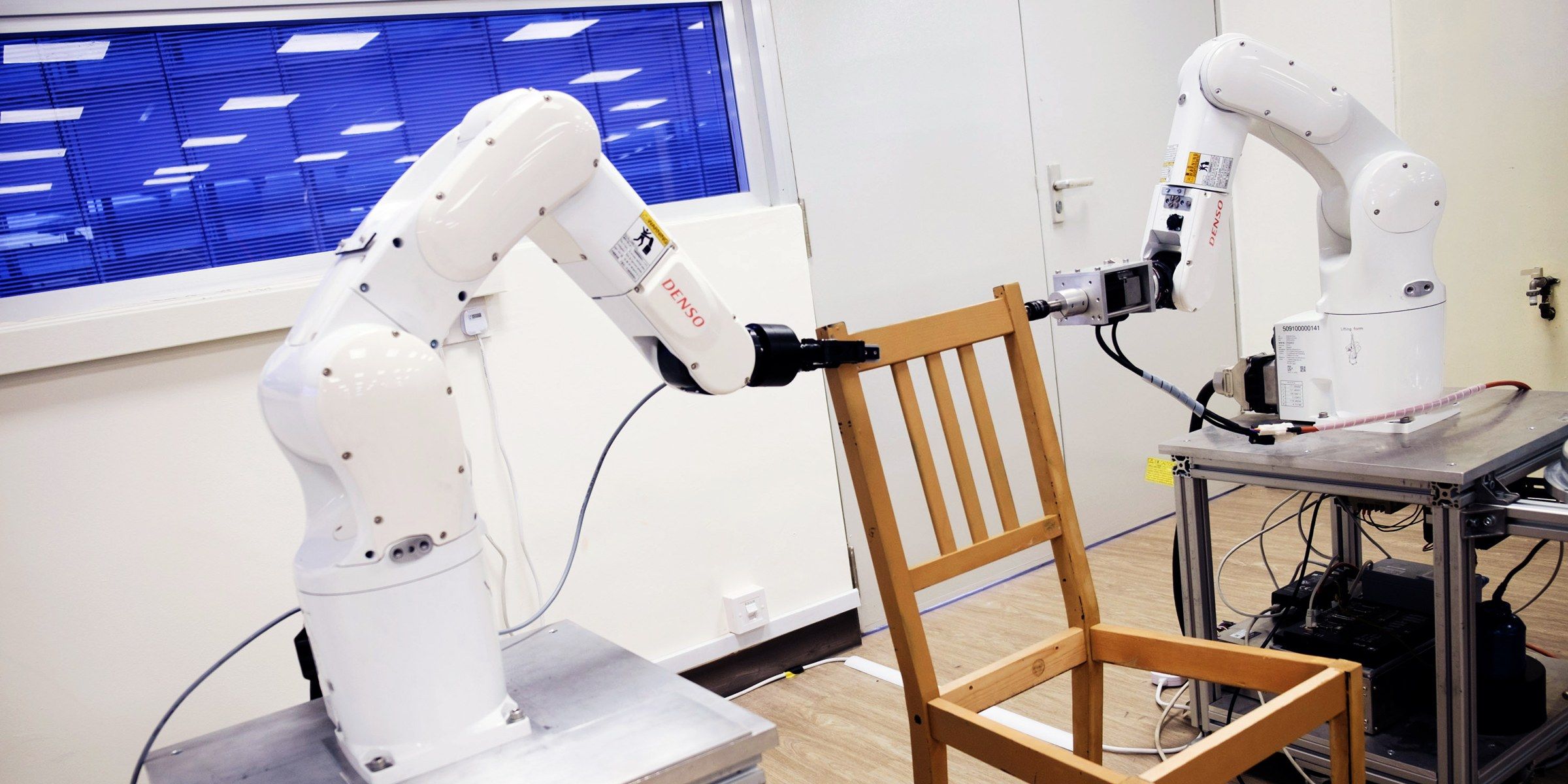SAS® supports the creation of deep neural network models. Examples of these models include convolutional neural networks, recurrent neural networks, feedforward neural networks and autoencoder neural networks. Let’s examine in more detail how SAS creates deep learning models using SAS® Visual Data Mining and Machine Learning.
Deep learning models with SAS Cloud Analytic Services
SAS Visual Mining and Machine Learning takes advantage of SAS Cloud Analytic Services (CAS) to perform what are referred to as CAS actions. You use CAS actions to load data, transform data, compute statistics, perform analytics and create output. Each action is configured by specifying a set of input parameters. Running a CAS action processes the action’s parameters and data, which creates an action result. CAS actions are grouped into CAS action sets.








